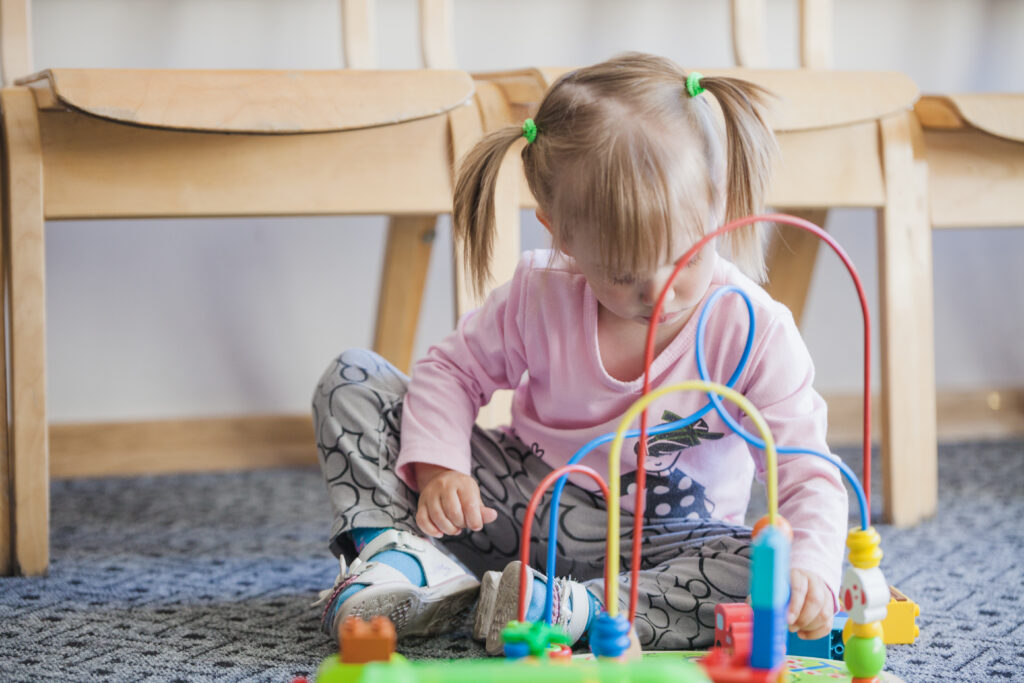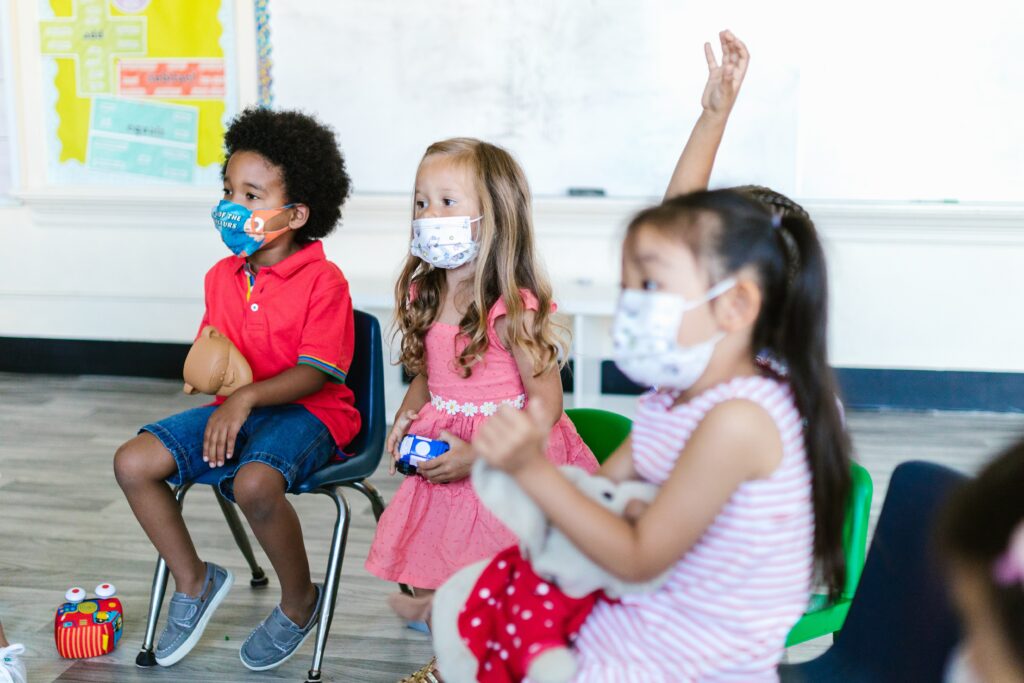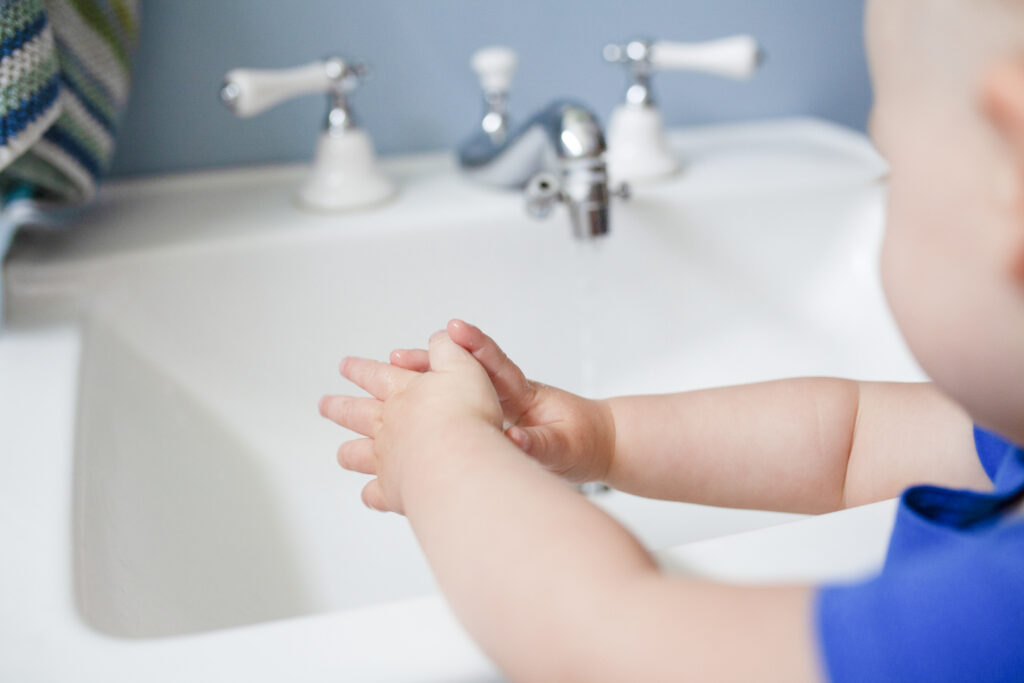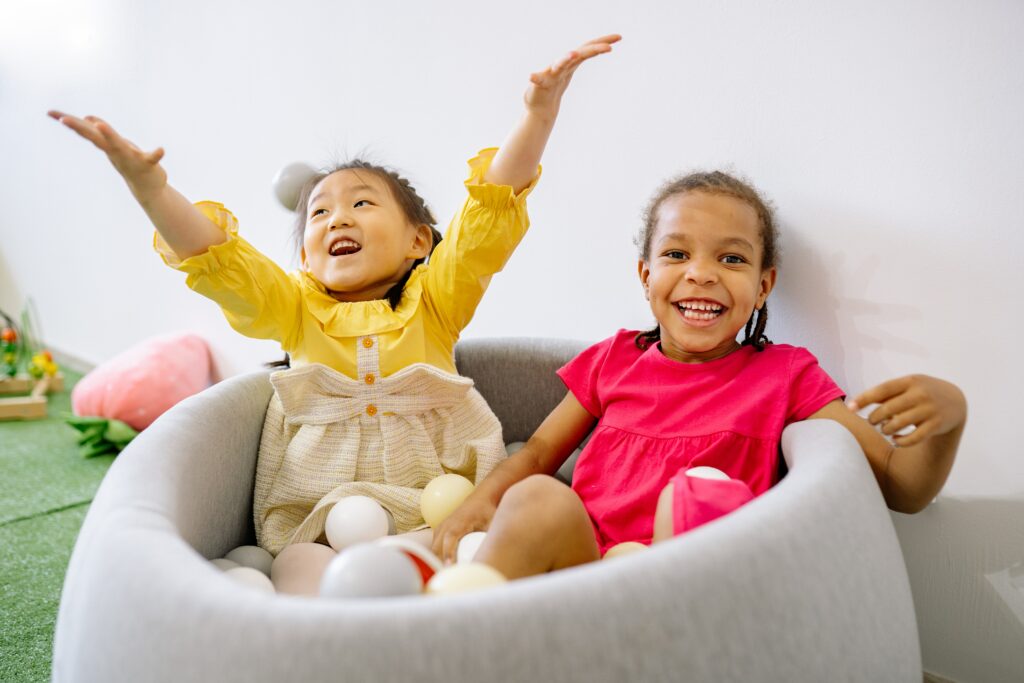Is there anything more worrying to parents of children in Early Years than the impact of COVID-19 on education?
Early Years encompasses birth to five years old and, in the face of such widespread disruption and fear, there is a real risk that society will overlook or downplay the impact of COVID-19 on children in this age group. We can all be guilty of convincing ourselves that small children are too young to understand or even remember events but from modern child development studies we do know that nothing could be further from the truth.
A study conducted by The Early Years Alliance found that over half of Early Years care providers believe that the gap between poorer children and their peers has widened since the start of the pandemic. Similarly, more than half observed some type of negative change in children’s behaviour after returning to their educational setting after lockdown.
In November, I met with two Early Years teaching professionals to discuss how they felt the pandemic has impacted the children they are educating as well as the ways in which they carry out their work.
Research shows the severity of the impact of COVID-19 on education
Melissa works in the pre-school room of a nursery, supporting children before their progression to infant school. She explains: “The pandemic has drastically changed the way we allow children to play. Having to set toys out each day and going through a strict no sharing policy, particularly at the start of all this, was chaos. It’s impossible to just let kids be themselves and discover the world when you’re constantly on the lookout for germs.
“I feel like the Grinch sometimes when I tell the kids that they can’t have certain play things out. Soft toys are still banned in our setting as they cannot be cleaned, so you feel horrible telling the kids that they can’t bring their bears to nursery anymore.”

But it’s even more than that. According to Melissa, children need to explore their surroundings at their own pace. She firmly believes that the Early Years is a crucial development stage and feels very sad to see the children so restricted.
Melissa isn’t alone in her feelings. An Ofsted report found that the pandemic had significantly impacted the learning of children who left their schooling setting and subsequently returned. Those who worked with the children were particularly concerned about their pupils’ personal, social and emotional development.
The change in routine was unsettling for children
Before COVID-19, spending extra time at home with their kids would have been a delight for many primary caregivers, but when you realise there is no alternative, it puts a very different complexion on things. For children who have become established in a schooling routine with friends, it’s a change that’s difficult to understand.
Melissa is also a parent: “How do you explain to kids that they can’t play with their friends anymore? As an adult, I found that difficult enough, but for my three-year-old son, it was incomprehensible. I tried my best to explain it but it’s hard.
“When he returned to the nursery, after only spending time with me, it seemed like a whole new experience for my son and I think he got sensory overload. We tried to stagger his days so he wasn’t too overwhelmed but being around that many people again felt so new.”

Children need a stable network of support, particularly in a care setting. Staffing issues throughout the pandemic has meant this network has been weakened or even lost. Children’s strongest bond is usually with their primary caregiver, but they need a reliable connection to continue when they leave their home.
“Staffing has been a challenge for us,” Melissa continues. “Some staff members have struggled to get their children to their nursery schools, so have had to shorten their days working at ours. And, inevitably, some have had to go off sick to look after either themselves or their loved ones, so it’s been hard to keep the same faces in our room each week.”
Research conducted by the British Educational Research Association has shown that the reduction in a child’s stable network led to inconsistent emotional support and affected their understanding of emotions.
Infection control is difficult in a nursery setting
Becky works with Melissa in the nursery, teaching children who, aged nine to 18 months, are the youngest in their setting.
“We have babies thrust into our care who have never been separated from their parents. We have transition days to help them settle in but it’s not always enough.
“And the cleaning process is something else! Everything is sterilised to within an inch of its life and we have to keep them separate to avoid cross-contamination. Holding a baby, preventing things going into mouths and watching for coughs and sneezes is pretty tricky.”

Melissa tells me the introduction of masks was a strange concept for the kids.
‘We have a child in our setting with SEND and it was a tough adjustment for them seeing us wearing masks in the room where once everything was normal. We have to be really careful and I totally understand why we need these measures, but they’re not always easy to implement.”
Becky adds: “Babies learn through touch and play, so the first thing they wanted to do was grab the mask on my face. It was hard to stop them at first but, eventually, they adjusted, which makes things a lot easier.”
“The most important thing is being transparent with the kids about why things are different,” explains Melissa.
“You can’t assume kids don’t understand; they’re very observant. So you have to see the world through their eyes and try to explain it in a way that translates. That way everything becomes less scary.”
We cope because children need us
I asked them how they coped with all the changes. Becky is quick to tell me: “It’s what I love to do. Seeing the kids’ faces every day is what makes the job worthwhile. It’s often said that you must go into childcare for the right reasons and I think that’s really true. These babies need me and that’s why I do it.”

Melissa feels the same about her pre-schoolers: “For me, it’s always about preparing the children for their next stage. That’s not changed despite what is going on in the world at the moment. I need to help these kids navigate the world and support them as best I can. We set an example to our little ones by showing them how to be prepared for what life throws at you and that’s what we always aim to do in our nursery.”
What strikes me the most about Melissa and Becky is their passion for what they do. Despite the restrictions and seemingly endless new measures, one thing has stayed constant: their love of educating the little ones who come through their door every morning.
“No matter what changes come our way, we’ll always be here for our kids. That’s never going to change,” concludes Melissa.
Thank you for visiting our blog. Our vision here at Books2All is a world where every child finds the books that help them reach their true potential. If you have spare books in good condition at home that you think might be appropriate for school children or represent a school and would like to register to receive donated books, please download the Books2All app from the App Store or Google Play.
Banner image courtesy of freepik – www.freepik.com
Second inset image courtesy of pexels – www.pexels.com/
Third inset image courtesy of rawpixel.com – www.freepik.com
Bottom inset images courtesy of pexels – www.pexels.com/

